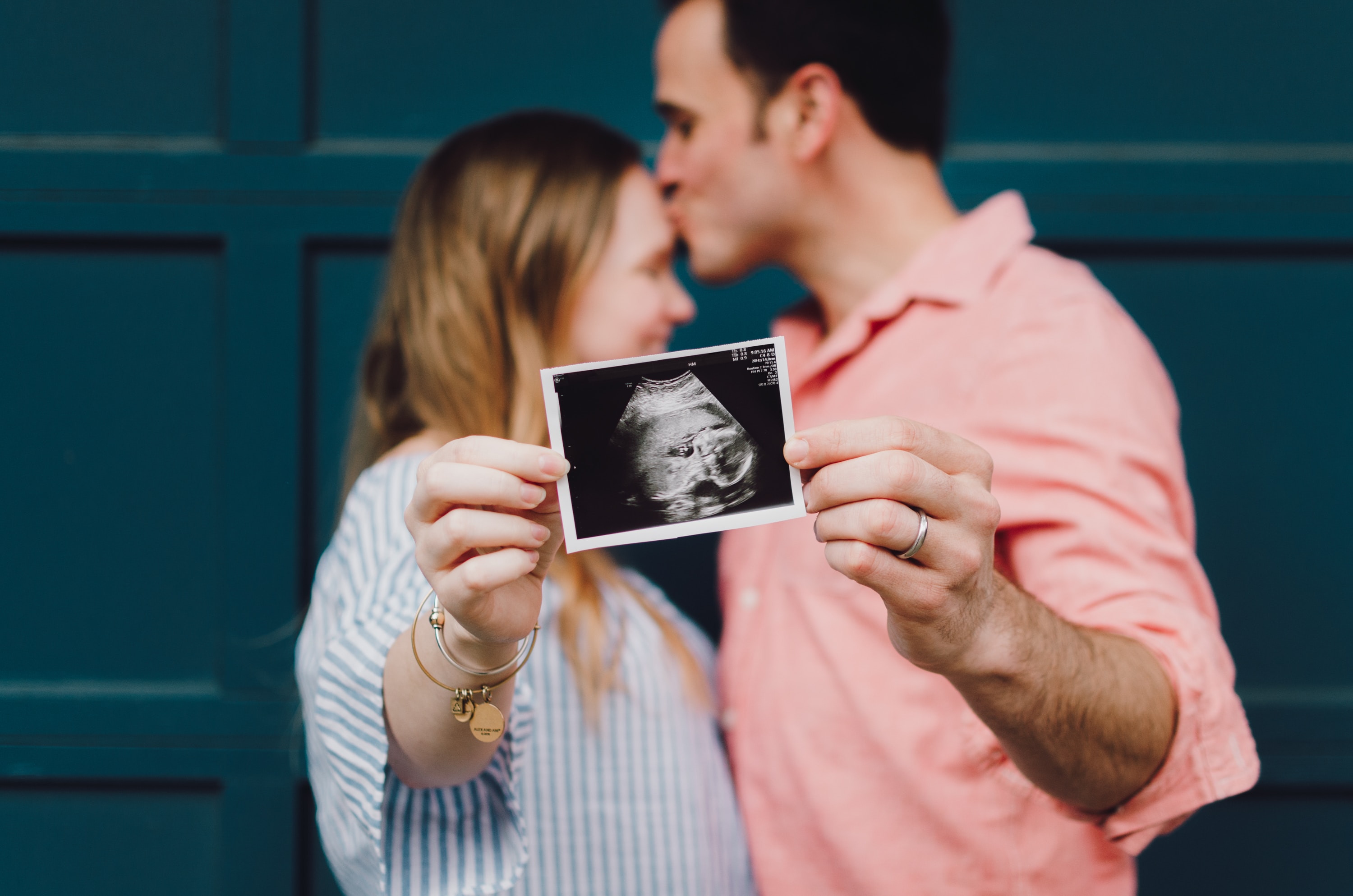Amelia Grant
What to Do With Uterine Fibroids If You’re Pregnant?
 Uterine fibroids are a widely spread condition in women of childbearing age. In most cases, they are not dangerous to a woman’s health. They usually don’t develop into cancer. If they aren’t big and bring no discomfort, they don’t require any special treatment, only regular check-ups with your doctor.
Uterine fibroids are a widely spread condition in women of childbearing age. In most cases, they are not dangerous to a woman’s health. They usually don’t develop into cancer. If they aren’t big and bring no discomfort, they don’t require any special treatment, only regular check-ups with your doctor.
But sometimes fibroids grow big and cause problems. As they grow, they press on abdominal organs that results in severe bleeding and pain. If they start negatively affecting the quality of a woman’s life, then uterine fibroids should be removed.
Uterine Fibroids and Pregnancy
When it comes to pregnancy planning, uterine fibroids can be a problem even if they don’t bring any discomfort to a woman. Depending on the structure and location of uterine fibroids, they can make an obstacle for fertilization. The tumor may squeeze the uterine tubes, making it more difficult for spermatozoa to reach the egg. This also interferes with the ovulation process.
If the size of fibroid is small and it is situated far from the place where the egg is planted, the chances of a successful pregnancy are good. However, uterine fibroids can cause problems during pregnancy. This is what can happen:
- When a fibroid is close to the placenta, it may interfere with its blood supply and cause placental insufficiency. This results in hypoxia of the fetus and doesn’t let it receive the necessary nutrients.
- Fibroids can cause placental abruption and miscarriage.
- As fibroids grow and take up space in the uterus, they can cause underdevelopment of fetus.
- Tumors extract substances that can cause uterine constrictions that are dangerous for the first trimester of pregnancy.
- The tumor may cause a breech position of the fetus and become a reason for requiring C-section.
As you can see, the risk is significant. This is why you need extra attention from your gyno during your pregnancy if you have uterine fibroids.
What to Do If Fibroids Appear When You’re Pregnant?
Sometimes uterine fibroids start growing together with your fetus. It usually happens in the first or second period of pregnancy. This may be connected to the stretching of the uterine muscles. Sometimes uterine fibroids degrade in the third trimester due to hormonal fluctuation.
Uterine fibroids rarely need to be removed during pregnancy, but when they do, they need to be removed surgically. In any way, if you have fibroids and you’re pregnant, you should visit your gyno more often to see the development of fibroids and fetus. Hormonal fibroid tumor treatment is not an option during pregnancy.
What If Uterine Fibroids Were Removed Before Pregnancy?
If the scars that were left after surgical removal of uterine fibroids are big, it can create risks for your pregnancy. The more time that passes between the removal of uterine fibroids and pregnancy, the better. Scars need time to heal and partially dissolve to give you more chances of successful fertilization and pregnancy.
What is the best strategy if you’re pregnant with uterine fibroids? It’s better not to touch them at all but be sure to see your gyno regularly. Fibroids often disappear during pregnancy completely. When the baby is born, you can optionally consider their surgical removal. A pregnant woman with fibroids should be especially attentive to her lifestyle, daily schedule and diet.

